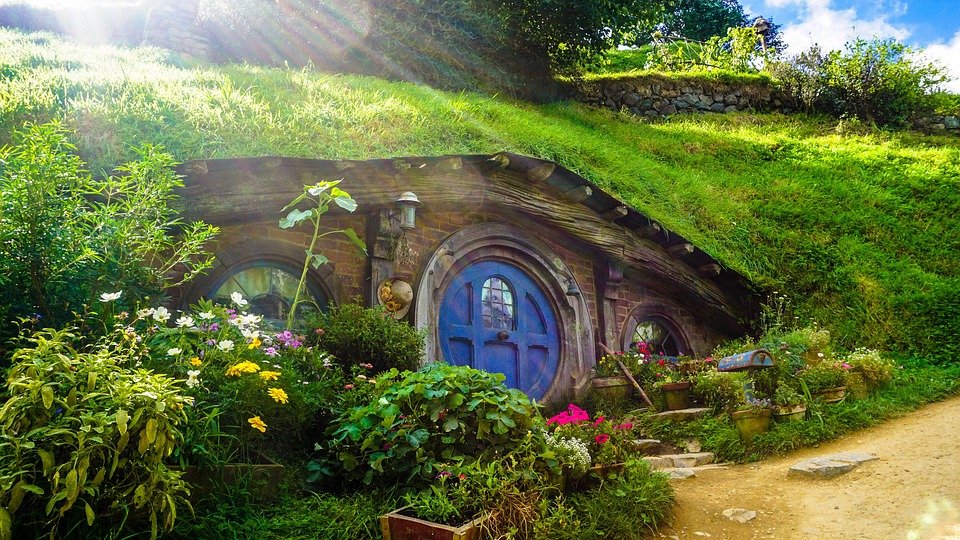6 ways homeowners can design an eco friendly house

Written by Jessica Pozzi
When you design your home in an environmentally friendly way, you are helping to improve the ecosystem. That isn’t all, though. An eco-friendly home can decrease the burden of maintaining your home by conserving electricity, water and maintaining structural integrity and appliance upkeep. You also establish a better and healthier atmosphere for yourself, your household, and your pets.
What does it mean to live in an eco-friendly home?
An eco-friendly home is designed or remodelled to conserve resources, improve electricity and water efficiency, and are equipped with high-quality equipment to last longer. Eco-friendly homes are made of materials that have minimal impact on the planet and accomplish a lot with fewer resources.
With regards to production, shipment, and installation, they are very efficient. Furthermore, because high-quality materials and systems fail infrequently and last longer, they produce less waste.
Techniques for designing an eco-friendly home
The aim of designing an eco-friendly home is to decrease waste, enhance long-term durability, and maximise resource efficiency throughout the home’s lifetime.
Here are techniques you can use to design an eco-friendly home:
Invest in recycled furniture.
Don’t go to a big-name furniture store to get the trendiest and most up-to-date furnishings! There’s even more furniture available manufactured from recycled wood or other environmentally friendly materials that are cheaper than purchasing new items. You’ll still get a brand-new item, but it’ll be created with care, using materials that would otherwise end up in landfills or thrown in the bin.
Composite decking board companies are working to enhance the planet’s ecology by using recycled resources in their products. Composite decking boards are primarily made of recycled wood and plastic. These recycled materials come from both industrial and household wastes, helping to reduce the number of plastics and lumber waste in landfills each year.
With composite decking, you won’t have to bother about deck stains or rot after installations. As a result, no potentially dangerous or harmful materials are utilised. This means that its use has no detrimental effects on the environment.
Solar panel installation
Solar panels are a must-have addition for any home that wants to be truly eco-friendly. These are long-term investments, and while there will be an upfront cost of funds, they may help save more money over time.
Some people even say that solar panels generate enough energy to live fully off the grid.
Invest in energy-saving equipment for your home.
The biggest consumers of energy in your property, after heating and cooling systems, are appliances. There are two prices: the one you pay to acquire them and the ongoing expense of keeping them functional. When you purchase the most energy-efficient solutions, the second price is considerably reduced.
Here are some home sustainability concepts for the most energy-intensive appliances:
- Fridges
- Washing machines
- Cooling systems
- dryers for clothes
When cleaning, keep the environment in mind.
We all have our favourite disinfectants and hygiene products that we have utilised for years without giving any attention to the environmental impact they may have. They enter the water system after being rinsed down the sink, and it might take a great deal of energy and effort to clean the water again at treatment facilities.
You can implement a few easy adjustments. Sodium hypochlorite and detergent may be replaced with various chemicals, such as bicarbonate of soda, lime juice, or vinegar, for cleaning and getting rid of bad smells and grime.
Using steam cleaners to sanitise and kill bacteria is yet another environmentally friendly option to keep your home tidy – no cleaning supplies are required other than water!
Compost your food scraps.
Compost any food scraps and kitchen waste. Many home/DIY stores sell compost bins for a low price, and some garbage collection companies will provide them to homes for free to use inside their kitchen area. Put any leftovers or spoiled food into the compost bin and leave it alone. It will eventually decompose into compost that can be applied to your flower bed.
Replace your blinds with thicker curtains.
It’s much more stylish to install blinds on your property, and they may be the best option in some places. However, thicker curtains in specific areas, especially the bedroom, should not be ruled out. They can save a huge amount of energy and help make rooms livable and darkened in the summertime.





